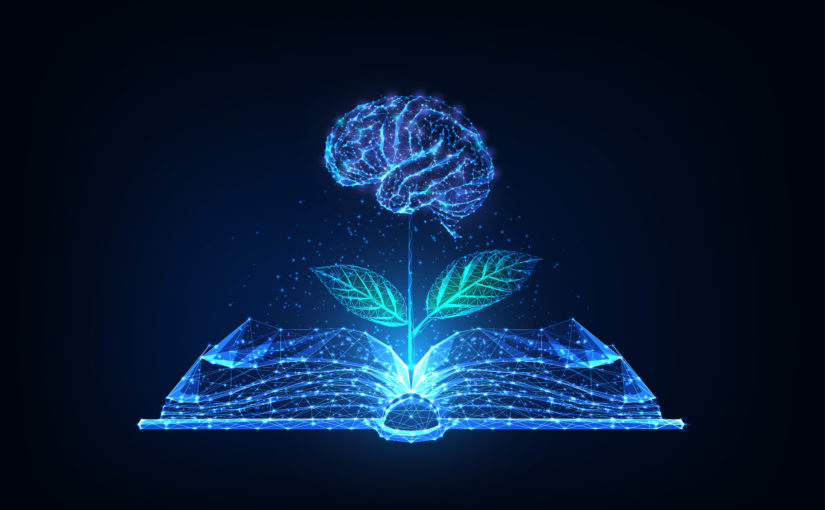Appreciation of a person is always focusing on personal behavior. It has nothing to do with performance or success. Appreciation is close looking at the individual nature character in each of us. Appreciation only works when other elements of the interaction are already done.
- You need to have shown attention for the whole situation where the person you want to appreciate is in;
- This only works when you are in the moment and mindful in the situation.
- Towards the individuum to show respect and personal attention is needed.
- Then acknowledgement for the performance or success, which mean for the results of the behavior is needed.
- Only with this previous elements appreciation will work, as the appreciation taker find the apprechiative words natural and creates not the feeling that the apprechiation is used for the sace of a (hidden) goal.
(inspired by: Das Wunder der Wertschätzung from Dr. Reinhard Haller)
Appreciation does not need grand gestures or materialistic things. Like wild-flowers, appreciation is fragile and small, but strong. They need only a few nutrients, to develop to the whole power. Wild-flowers can penetrate and destroy concrete. Honest and genuine appreciation can have a similar effect and create a blossom relationships, which leads to trust.
How do I show appreciation in everyday life?
- Appreciative look at eye level.
- Interested listening.
- Benevolent nod of the head.
- Sympathetic smile.
- Discreet pat on the back.
- Curious question.
- Small surprise.
- Short e-mail with thanks or congratulations.
- Request for advice.
What are your little things you show your appreciation to people surrounding you?

